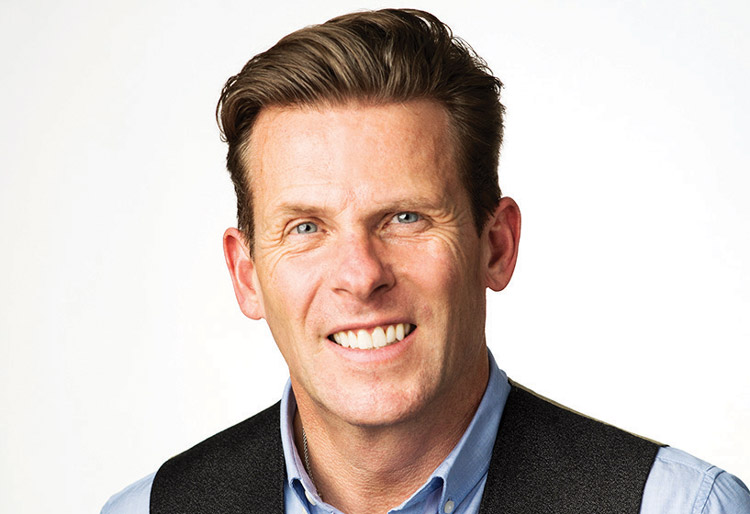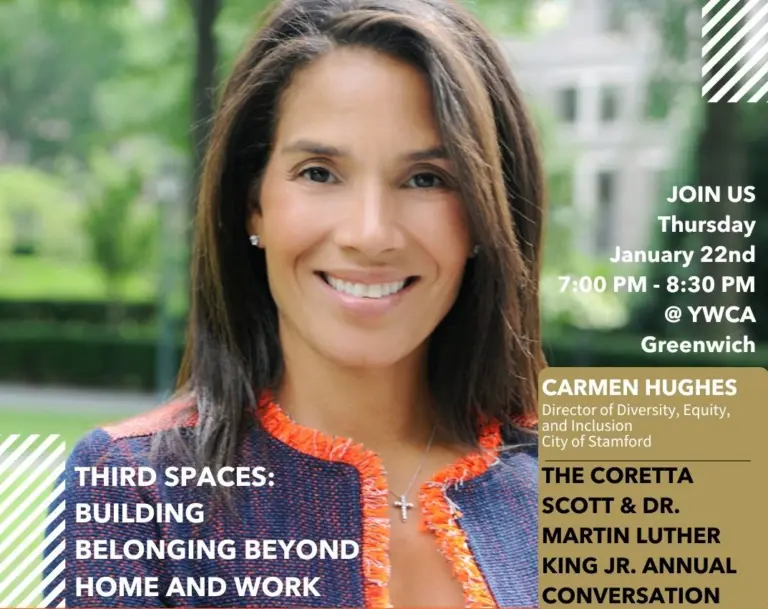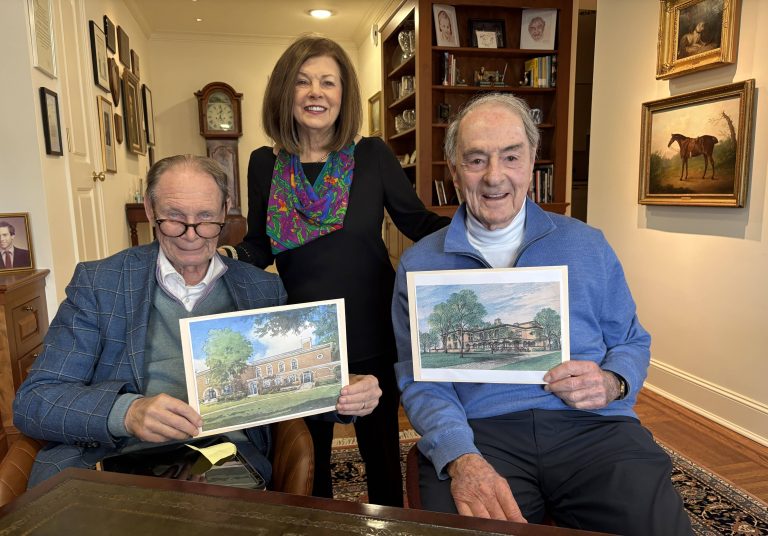
By Drew Williams
By the time this column is printed the mid-term elections will be through and much ink will have been spilled in the inevitable political postmortem.
I would not be so foolish as to speculate upon the outcome, save that we can be confident that partisan conflict can only have intensified.
I recognize that as a pastor I am treading on thin ice here! After all, the sage old advice is that if you don’t want to ruin a perfectly decent cocktail party don’t mention religion or politics. And the same school of etiquette would say that if you don’t want to destroy a perfectly decent faith community, don’t bring politics into the pulpit.
There is evidence of exactly this kind of politesse being heeded both in the Bible and in history. In the first book of Kings, the prophet Elijah urged the people of God to see the error of some quite obviously ungodly political practices (including child sacrifice) and we are told that, in the face of his remonstrations, “…the people [of God] said nothing.” (1 Kings 18:21b). And in saying nothing, they cast their vote for the status quo. In much the same way, whilst the nineteenth century reformer, William Wilberforce, declared, “So enormous, so dreadful, so irremediable did the [slave] trade’s wickedness appear that my own mind was completely made up for abolition. Let the consequences be what they would: I from this time determined that I would never rest until I had effected its abolition.” In stark contrast, many British churches in the 1800s that “said nothing” in the face of slavery and so cast their vote in favor of the slave trader. The same can be said of faith communities that remained silent during the civil rights movement. The paradox is that not to be political will always have political consequences.
Jesus had another idea. He called us to be salt and light. Specifically, He told us, “You are the salt of the earth…You are the light of the world” (Matthew 5:13a, 14a). As salt and light, we are called to serve, engage with, and love the world. Isaiah records God’s clear mandate: “Is not this the kind of fasting I have chosen: to lose the chains of injustice and untie the cords of the yoke, to set the oppressed free and break every yoke?” (Isaiah 58:6). How can we do this without being politically awake and engaged?
Our difficulties are not occasioned when a person of faith becomes active in politics, nor are they precipitated when a person of faith adheres to a particular political party. The challenge comes when any particular party is held out as God’s holy, and only political platform. Pastor and author Tim Keller recounts the following true story: “I know of a man from Mississippi who was a conservative Republican and a traditional Presbyterian. He visited the Scottish Highlands and found the churches there as strict and as orthodox as he had hoped. No one so much as turned on a television on a Sunday. Everyone memorized catechisms and Scripture. But one day he discovered that the Scottish Christian friends he admired were (in his view) socialists. Their understanding of government economic policy and the state’s responsibilities was by his lights very left-wing, yet also grounded in their Christian convictions. He returned to the United States not more politically liberal but, in his words, ‘humbled and chastened.’” Keller concludes, “He realized that thoughtful Christians, all trying to obey God’s call, could reasonably appear at different places on the political spectrum, with loyalties to different political strategies.”
As people of faith, do we imagine that our political ambitions are somehow binary? By that, I mean that we can either elect to “say nothing” (thereby following the dubious example of the people of God in the first book of Kings) or that throw our whole weight behind one party and thereby have no option but to buy wholesale, what British ethicist James Mumford refers to as, “package-deal ethics.” Is it possible, however, that the community of faith has the greater potential to serve and assist in raising the level of political debate and even bridge partisan divides?
By way of example: In Jesus’ words, “Love your neighbor as yourself,” we have what is argued to be the greatest ethical maxim ever devised. It is breathtakingly brilliant. The Golden Rule takes our own sense of self-preservation and redeploys it for the good of others. Of the Golden Rule, Martin Luther, the great reformer, said, “It was certainly very clever of Christ to state it this way.”
We all are born with certain baggage. We are who we are, where we were born, who we were born as, how we were raised. And it is too easy to get stuck inside that person. We usually focus on how we are being treated. When we are asked, “How did your day go today?” we hear, “How did people treat us?” The Golden Rule turns that on its head and asks, “How did you treat others?” The Golden Rule invites us to crawl inside another person’s skin and to see and feel the world through his or her eyes, experiencing the world as if you were that person. The Golden Rule invites us to take a leap of sanctified imagination and then take action accordingly. And by God’s Spirit, the Golden Rule will inevitably lead to our participation in political processes — but as we do so, we learn how to listen with a little more love, a little more peace, some added forbearance, kindness, goodness, faithfulness, gentleness, and a lot more self-control.
Does this all sound like the idyllic rose-tinted ramblings of a pastor? Possibly. And yet, when the white nationalist who killed 11 people in a Pittsburgh synagogue on October 27 arrived at an emergency room with several bullet wounds, the doctor and nurse waiting to treat Robert Bowers at Allegheny General Hospital were Jewish. Indeed, the hospital’s president, Dr. Jeffrey Cohen, belongs to the Tree of Life congregation that Bowers mercilessly attacked. They tended to Bowers as they would any patient. “We’re here to take care of sick people,” Cohen said. For me, their actions are the finest political speech that I have heard in a very long time. Here we see the embodiment of the Jewish concept of tikkun olam — the rabbinical teaching that, under God, we each have a duty to repair a broken world.
Whatever our religious background, whatever our political allegiance, we all need a holistic faith that shares the love of God in word and in deed — because the world is in a holistic mess. The journalist William Falk writes prophetically, “Our world is badly in need of repair. Our wounds need tending. We need more healers and less hate.”
Drew Williams is Senior Pastor of Trinity Church. Trinity Sunday services are at 9:15 and 11 a.m. at Christ Church parish hall during the summer. Visit trinitychurch.life




